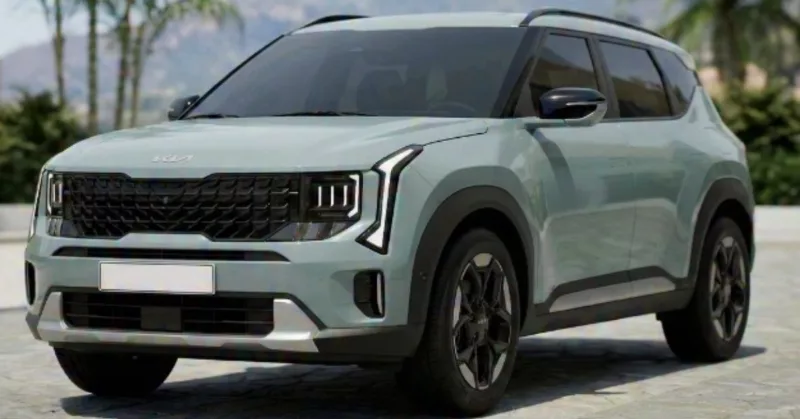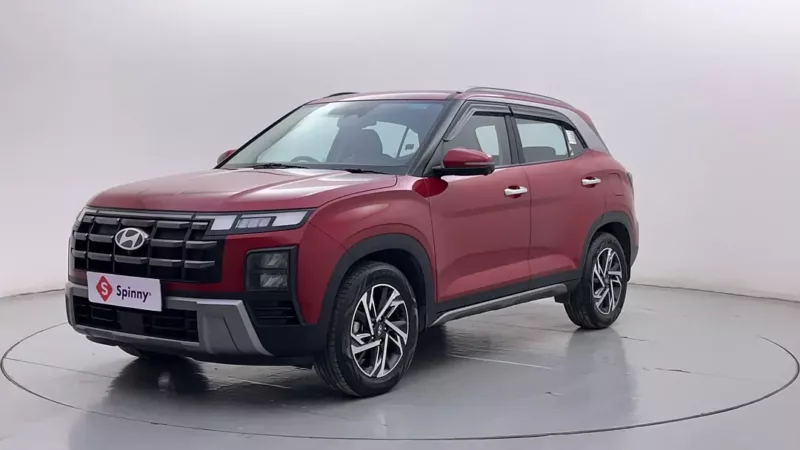Car ownership is a matter of pride for every car owner. Every car requires tender loving care to ensure it stays healthy and smooth for years to come. While you may get your car serviced and checked regularly, there are certain bad habits that may seem harmless to you but are actually adding to your maintenance costs and damaging the overall health of your car. These are the driving habits that are silently harming your beloved vehicle.
Ignoring the Hand Brake

While your car’s handbrake is a lifesaver in an inclined parking spot, there is no good reason to ignore it even when you are parked on a flat surface. If you don’t engage the handbrake on your automatic vehicles, you put the entire weight of your vehicle on a small piece of metal called the parking pawl. Since a parking pawl is as tiny as your fingers are, it is bound to wear out carrying all that weight on its own. Therefore, the next time you want to park, engage your handbrake to even the load.
Keeping your fuel tank low

There are times when we fill a little bit of fuel to save some bucks. While this driving habit may give some savings, it is deadly for your vehicle’s heart. This is because a vehicle’s fuel pump is designed to be submerged in liquid fuel to work efficiently. On diesel engines, if you often run on low fuel, you risk damaging your fuel pumps while also causing excessive wear and tear. Additionally, starting your car while being low on fuel will also damage the ignition system, further adding to your repair costs. So the next time you think about saving a little, think again!
Speed shifting from reverse to drive
Speed shifting from reverse to drive is probably the most common and universal mistake that we all do to save some precious seconds of our time. What we don’t realize is that sudden directional changes like these can take a toll on our vehicle’s transmission system. Therefore the best habit is to come to a halt and properly engage the driving gear to save your vehicle from transmission damage.
Revving up a cold engine
It is believed that revving up a cold engine can get it warm more quickly. But the reality is that doing so does no good for your vehicle. Revving up a cold engine introduces excessive stress on the engine components, causing additional wear and tear as well as reducing the life of the engine. The ideal way to warm up the car is to start the car and let it warm up while idling. The gradual increase in temperature will keep your vehicle in good health.
Hard Braking!
The urge to go fast always weighs heavy on the right foot. However, going fast not only puts a lot of pressure on the drivetrain and transmission components, it also requires you to apply full-force brakes to halt or slow down your vehicle. This means that every time you zoom away and brake, you expose your brake components to severe wear and tear. It’s healthier for your car if you accelerate and decelerate gradually to prolong the life of your vehicle.
Resting your hand on the gear lever

For most of us, driving a manual transmission means one hand on the steering and the other on the gear lever. This may seem extremely convenient for frequent gear changes, but the extra pressure of your resting hand can increase the wear on the bushings of the gear lever and cause additional wear and tear in the transmission components. The best thing to do is to keep both hands on the wheel!
Keeping the clutch engaged

A traffic jam is a driver’s worst nightmare. So is keeping the clutch engaged while you wait for the green light. While keeping the clutch engaged during traffic helps you move quicker, doing so can damage your vehicle. A constantly depressed clutch causes the friction material of the clutch plate to constantly rub against each, leading to excessive wear and potential damage to the clutch plates.
Overloading your car

Just like obesity is deadly to your body, overloading your vehicle can be damaging to your car’s health. An overloaded vehicle puts more than usual stress on the engine, suspension and brakes. Not only that, the more you put the less you save as an overloaded vehicle consumes more fuel than usual. Therefore the best thing you could do to keep your vehicle healthy for long is to avoid excess load and keep it light.
Braking down the hill

There are several times when our vehicle is too fast while driving downhill and our first reaction is to apply the brakes. Downhill braking causes excessive heat to build up in the brake pads and rotors, causing premature wear and overheating. Additionally, keeping the car in a higher gear while going downhill causes wear on the clutch while also reducing the traction available. Therefore, the best possible solution is to shift to a lower gear and let the engine achieve optimal speed. This way you can avoid damaging key components while letting your drivetrain undergo a natural decompression while going downhill.
Ignoring the warning lights

In the same way your body gives you signs when something is wrong, your vehicle does the same through the warning lights. These warning lights are a good indication of the car’s health. Ignoring these signs could mean ignoring deeper mechanical problems that could prove costly. Thus, by checking the check-engine lights, brake lights, or any other unusual activity, sound or signal, you can be assured of your vehicle’s health for years to come.
Keeping a car healthy for long is not a difficult task. All it takes is a little effort and a few driving tricks. The next time you drive, make sure that you do not make these driving mistakes.




THANK YOU FOR THESE REMINDERS. INFORMATIVE.